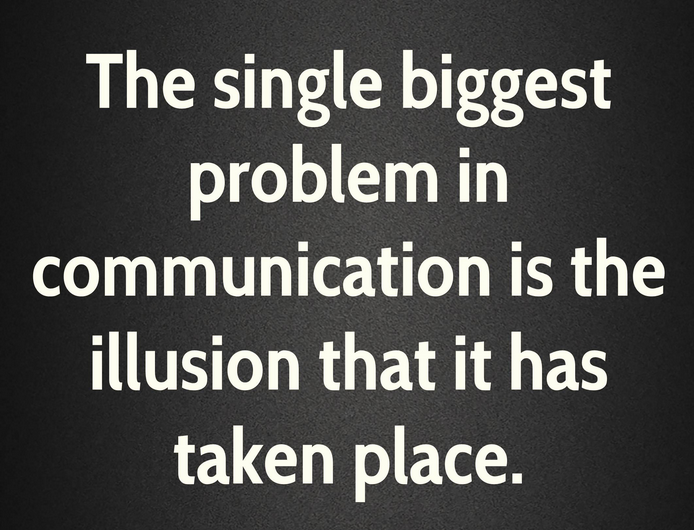Managing your OWN fear and uncertainty

If you’re not experiencing any; you’re not human!
Assuming you’ve ventured onto ThinkAdvisor, FA-Mag, InvestmentNews or any one of the many other online information resources for financial advisors over the past couple of months, you’ve no doubt seen a barrage of articles about managing and coaching clients through times of crisis. Everywhere you look there’s guidance, best practices and tips on how to quell client fears, keep them focused on long-term goals, and remain committed to their financial plans.
But what about YOUR fears, anxieties and uncertainties?
A million questions have probably raced through your head in recent weeks. How will things be different post-COVID-19? What if the pandemic persists for another 6-9 months (or experience flare-ups that require us to shelter in place once again)? How will you go about maintaining your high-quality client engagement standards? Will you be able to coalesce your team and build a strong culture if you have to continue working remotely? How do you successfully develop next generation leaders from afar?If you ever needed a trusted and knowledgeable sounding board to help you think through, prioritize and develop your own leadership skills, this would be the time to engage an executive coach!
What are some of the things you’re going to need to rely on and claim more powerfully in your skill set? There are important coaching skills that can help you to be more present – with both your clients and your team members – not just listening to, but really hearing their fears and concerns. Even when you’re worried yourself, techniques like “detached involvement” can enable you to be fearful but still lead from a meta-position of seeing what’s going on but not being so caught up in it. Think of it as being in the movie, but being able to break the fourth wall and provide knowing observations about what’s going on (cue Ferris Bueller turning and talking directly to the audience).
It sounds perfectly logical to say that here are ways to calm your clients. But the truth of the matter is that no matter what you say, you’re NOT going to calm your clients…the best you can do is to help prevent their fears from inducing them to make bad financial decisions. In fact, investors have the right to feel scared – especially when faced with extenuating circumstances such as job loss or being on the cusp of retirement with significant investments which will take years to regain their value.
Contrary to conventional wisdom, fear isn’t a one-size-fits-all emotion. Your clients will likely be buffeted by external winds for a while. They aren’t in total control of their outcomes, and probably won’t feel like they’re in control for a while. All they can really do (with excellent advice and guidance from a trusted advisor) is make the most informed decisions possible for their financial future.
Rather than being pollyannaish and tossing out platitudes, let’s focus on becoming better partners with our clients – developing the human skills, behavioral expertise and the emotional intelligence to be present, acknowledge their fears (as well as our own) and do the necessary work to get them back on track. It’s when the markets are down where the best advisors step up and truly earn their planning fees.
Coaching Questions from this article:
- Think about the way in which you partner with your clients. What’s the greatest value that you and your firm provide? If it’s more focused on the investment side of the business, what steps can you take to reinvent yourself with a greater planning emphasis?
- How can you and your team members more accurately identify the underlying emotions and behavioral biases of particular clients? And once you’ve identified those fears and concerns, what actions can you take to be more present and help them make smarter decisions?
- If you were to sit down today with a credentialed, professional coach, what are the 2-3 areas of “emotional intelligence” that you feel you could most benefit from strengthening?
Like this blog? Click "Follow" in the upper right-hand corner to receive all the eLibrary Blog updates!
Topics: Client Engagement


